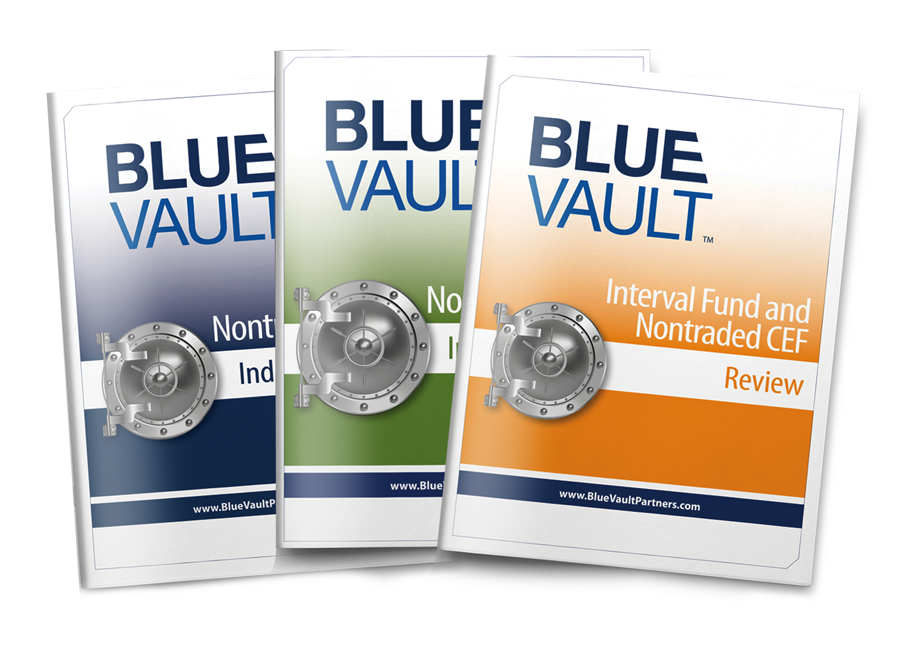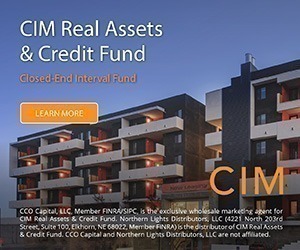As with most investments, you’ll receive statements at least quarterly that show how much money you’ve invested in the REIT and how many shares you own. During the initial public offering, nontraded REITs sell their shares at a fixed share price, which is the price that will appear on your statement.
After the initial public offering, some REITs declare a different share value (net asset value per share) and change their offering price as the value of their investment portfolio changes. Some even publish daily adjustments to their net asset values per share and offer to issue or redeem their common shares at these daily prices.
It’s possible that a REIT could adjust the share price shown on your investment statements if it distributes any of your original investment back to you—also known as a “return of capital.”
Nontraded REITs are generally valued by the underlying real estate in their life cycle only after their equity offerings have concluded and independent appraisals have been conducted. It can take several years for the portfolio valuations to reflect the strategy and efforts of the sponsor.
Ideally, the real estate portfolio will command a value that is higher than its original cost, resulting in unrealized gains. In the final years of the nontraded REIT, the valuations of the properties are confirmed by the partial or complete sale of the portfolio, or by listing on an exchange.
The most widely recognized benchmarks for the nontraded REIT industry are available through the National Council of Real Estate Investment Fiduciaries.
Additionally, by becoming a member of Blue Vault, you can access our detailed reports and get sponsor and offering performance information, along with acquisitions and capital raising data.






